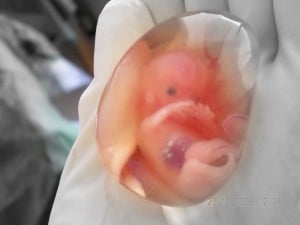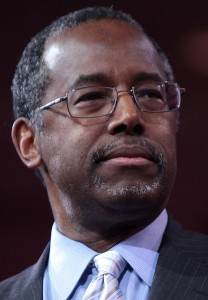A Massachusetts law that banned abortion protesters from standing within 35 feet of the entrance to an abortion clinic has been struck down by the Supreme Court.
In a decision this morning, the Court unanimously ruled that the ban violated the First Amendment rights of pro-life leaders who sought to have quiet, one-on-one conversations with women entering the clinic, thus possibly saving the lives of babies.
In its ruling, the Supreme Court said that the 2007 law which was intended to prevent confrontations went too far, and that the restrictions prevented the free speech of law abiding abortion opponents who wanted to approach people going to the clinics.
The Boston Globe has more:
The decision pointed out that one subsection of the law itself bans deliberate obstruction of clinic entrances. It also said Massachusetts could model a state law on a 1994 federal law that bans obstructing, intimidating, or interfering with persons obtaining or providing reproductive health services.
The court said obstruction of clinic driveways could be addressed through traffic ordinances. And it said that the state could enact a law requiring people to disperse for a limited period when large numbers gather and inadvertently block clinic entrances.
The abortion opponents who filed the appeal “wish to converse with their fellow citizens about an important subject on the public streets and sidewalks—sites that have hosted discussions about the issues of the day throughout history. [Massachusetts officials] assert undeniably significant interests in maintaining public safety on those same streets and sidewalks, as well as in preserving access to adjacent healthcare facilities,” the court said in its opinion, delivered by Chief Justice John G. Roberts Jr.
“But here,” the opinion continued, “the Commonwealth has pursued those interests by the extreme step of closing a substantial portion of a traditional public forum to all speakers. It has done so without seriously addressing the problem through alternatives that leave the forum open for its time-honored purposes. The Commonwealth may not do that consistent with the First Amendment.”
The next major decision affecting pro-life persons and supporters of religious liberty is the Hobby Lobby case. That decision is imminent–with an announcement expected today or Monday.











